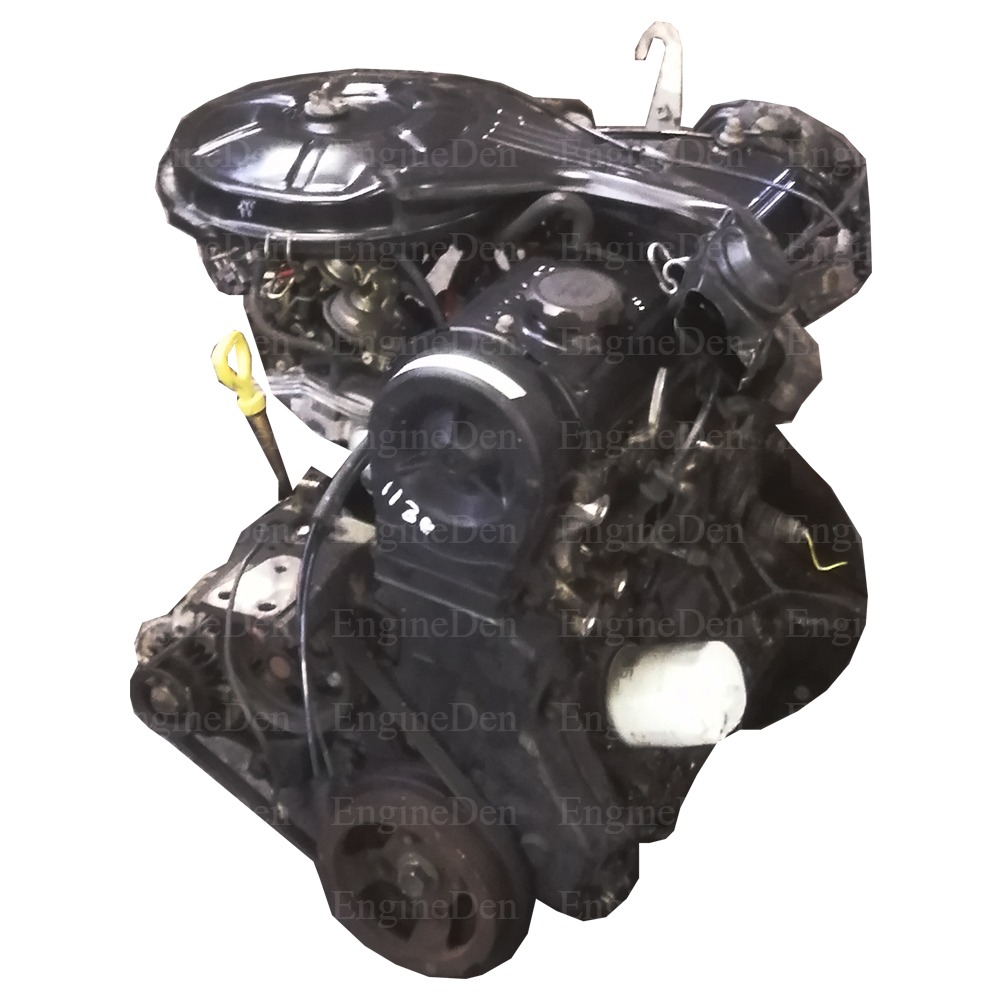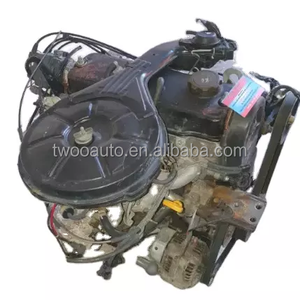Renew Your Vehicle: Toyota Tazz Engine for Sale Currently Available
Renew Your Vehicle: Toyota Tazz Engine for Sale Currently Available
Blog Article
Engine Buying Expert Tips on Choosing the Right Engine for Your Certain Requirements
Selecting the right engine for your details demands includes a complicated interaction of elements that go beyond plain horsepower figures. By diving right into the complexities of power versus efficiency, reviewing gas ratings, and budgeting for lasting expenses, one can really maximize their engine choice.
Power Vs. Efficiency: Locating the Balance

When selecting an engine, it is crucial to strike an equilibrium in between power and effectiveness to meet your specific demands efficiently. Power refers to the engine's capacity to create energy for propulsion, determining elements like acceleration, lugging capability, and overall efficiency (Toyota Tazz Engine For Sale). On the other hand, performance associates to how well the engine uses fuel to create power, affecting variables such as gas economic climate and environmental kindness
Accomplishing the appropriate equilibrium in between power and performance is necessary because an engine that is also powerful might consume too much fuel, bring about higher operating expense and unnecessary pressure on the atmosphere. Conversely, an engine that focuses on effectiveness over power might lead to slow-moving performance, especially sought after situations like lugging heavy tons or driving uphill.
To make an informed choice, think about factors such as your normal driving problems, the intended usage of the vehicle, and your personal preferences. By reviewing your concerns and needs, you can choose an engine that strikes the perfect balance in between power and performance, guaranteeing ideal efficiency while decreasing environmental effect and operating expense.
Understanding Engine Size and Type

Usual engine kinds include inline engines, V engines, and rotary engines, each with its special benefits and disadvantages. Understanding the interplay in between engine dimension and type is vital in selecting an engine that straightens with your certain requirements and priorities, whether it be power, efficiency, or an equilibrium of both.
Consider Your Vehicle's Needs
If you are looking for an engine for a durable vehicle that will be utilized for towing, you will certainly require an effective engine with high torque capabilities. On the other hand, if you are choosing an engine for a portable car mainly utilized for city travelling, gas performance might be an extra essential aspect to think about.

Assessing Fuel Effectiveness Rankings
Analyzing gas performance rankings is an essential aspect of selecting the right engine for your vehicle, ensuring price financial savings and ecological sustainability. Check Out Your URL Fuel efficiency ratings, typically gauged in miles per gallon (MPG) for fuel engines or kilowatt-hours per 100 miles (kWh/100 miles) for electrical engines, suggest how much a lorry can take a top article trip on a particular amount of fuel or electricity. Greater MPG or reduced kWh/100 miles worths symbolize much more efficient engines, converting to lowered fuel costs and reduced carbon exhausts.
In addition, compare different engine options within the exact same lorry class to recognize the most economical option. Variables such as engine size, weight, the rules of aerodynamics, and hybrid or electric capacities can all influence fuel performance.
Budgeting for Long-Term Costs
Purposefully intending for lasting expenditures is imperative when selecting an engine, guaranteeing monetary sustainability over the automobile's life-span. While the preliminary purchase price of an engine is a significant factor, it is crucial to take into consideration the long-lasting costs associated with upkeep, fixings, and fuel consumption.
Furthermore, researching the schedule and price of substitute parts for the picked engine is essential in spending plan planning. Engines with readily Resources offered and budget-friendly components can dramatically affect long-term upkeep costs. Additionally, taking into consideration the engine's toughness and expected life expectancy can aid prevent unexpected substitute expenses in the future. By carefully budgeting for these lasting costs and factoring them into the decision-making process, individuals can select an engine that not just fulfills their instant requirements however likewise stays economical throughout its life expectancy.
Final Thought
Finally, choosing the ideal engine for your specific requirements needs stabilizing power and efficiency, comprehending engine dimension and kind, considering your car's demands, reviewing fuel effectiveness rankings, and budgeting for long-term costs. By meticulously considering these elements, you can ensure that you select an engine that fulfills your demands and provides optimal performance for your car.
To additionally improve the selection process of an engine that strikes the optimal balance between power and effectiveness, it is crucial to dive right into the complexities of understanding engine size and kind. Engine size refers to the total volume of air and fuel that can be pressed through the engine cylinders. Common engine types include inline engines, V engines, and rotary engines, each with its unique advantages and drawbacks. Comprehending the interplay between engine size and type is vital in selecting an engine that straightens with your details demands and top priorities, whether it be power, performance, or an equilibrium of both.
Fuel effectiveness ratings, generally measured in miles per gallon (MPG) for gasoline engines or kilowatt-hours per 100 miles (kWh/100 miles) for electrical engines, show just how far a car can travel on a certain quantity of fuel or electricity.
Report this page